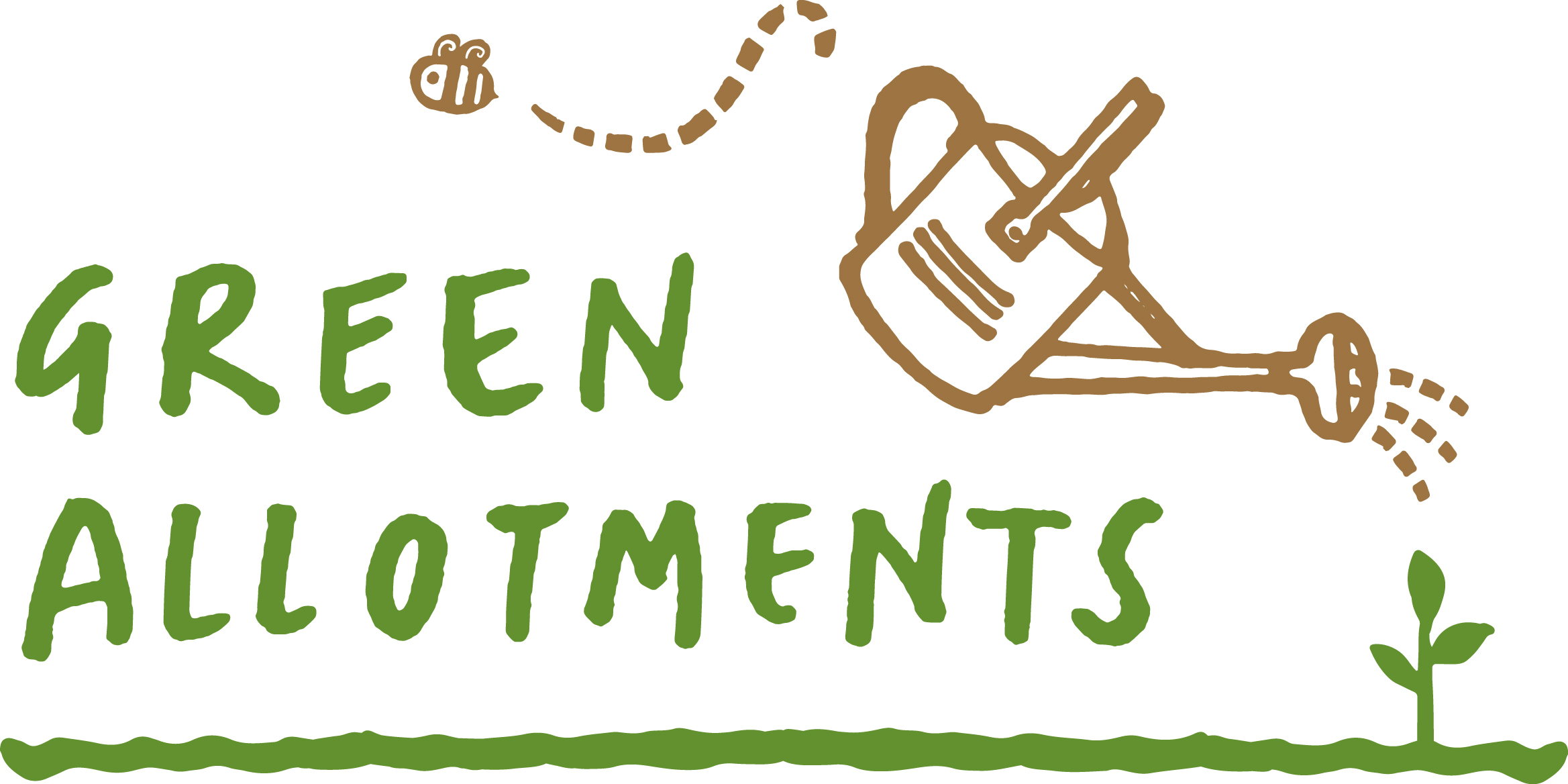Why Gardening Makes You Happy
I love getting my hands dirty, and always have. As a child I was lucky enough to have parents that were happy to let me grub in flower beds, and I would, not every day, but quite often. I remember gaping at aphids, kissing rose petals until they disintegrated, investigating worms. The old hunter-gatherer in me would occasionally test grass for taste, hoping it would be different this time, motivated by the irresistible dream of a sweet and edible Eden.
It is widely thought that getting outside, and getting your hands dirty, is good for you. In 2020 a huge representative study of the UK population confirmed what to many may seem obvious: people who spend time gardening tend to be happier than those that don’t.
But one reason for this is stranger and more wonderful than you think: a common bacteria in soil, which you ingest and inhale when you get up close and personal with it, is a natural antidepressant.
According to research published in the journal Neuroscience a diet containing the common bacteria Mycobacterium vaccae released seratonin, the neurotransmitter associated with happiness, in the brains of mice, making them less anxious, and enabling them to navigate a maze twice as fast.

The positive effects of M. Vaccae on these mice were incredibly strong, and lasted a while after exposure. By three weeks after the diet ended, however, the effects had gone. It is important to keep kneeling over furrows, inspecting shoots and buds, to enjoy the positive effects that soil has on your mood, it seems.
I love this fact. It puts something solid behind the feeling shared by many who garden that it is somehow good for them. It is good for the soul, the soil. It literally soothes anxiety, rubbing clods between the fingers. It also means that one of my favourite words — petrichor, the smell of soil after rain — is actually the name for a happiness-inducing vapour. Joyously, both the word and the thing are air that make me happy.
So: get out there! When you work with soil to prep, plant, harvest, weed or water, you’re likely breathing in this wonderful bacteria. Also: let your kids get dirty! Serotonin is proven to help them learn faster as their brain fires up with life.
This is yet another reason why we at Green Allotments are passionate about our work. We provide communities with new spaces for urban agriculture, so that hundreds more people can enjoy the benefits of working outside. One of these benefits is returning to an environment we are so well adapted to that just breathing in it makes us happy.

